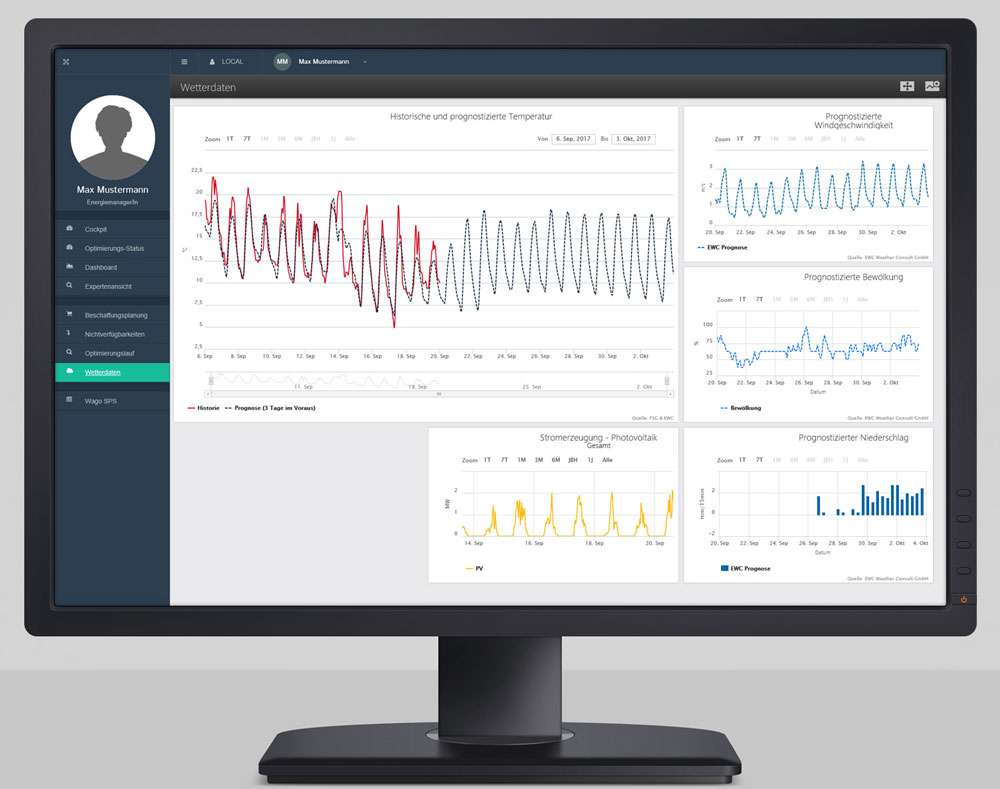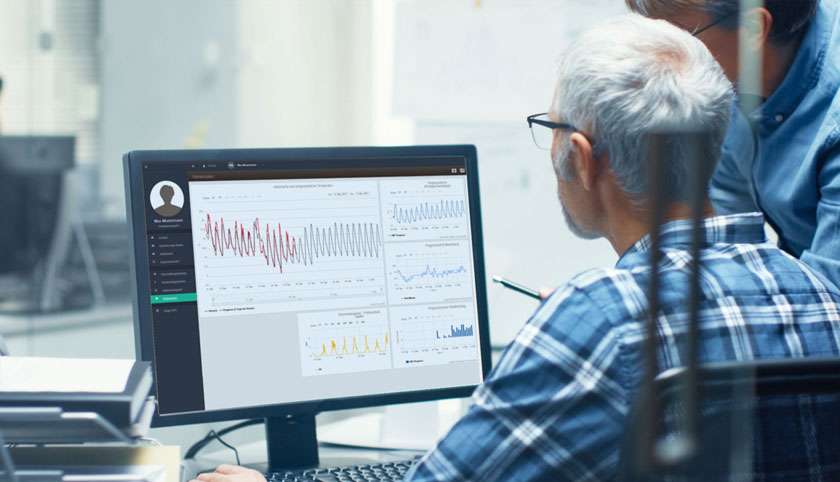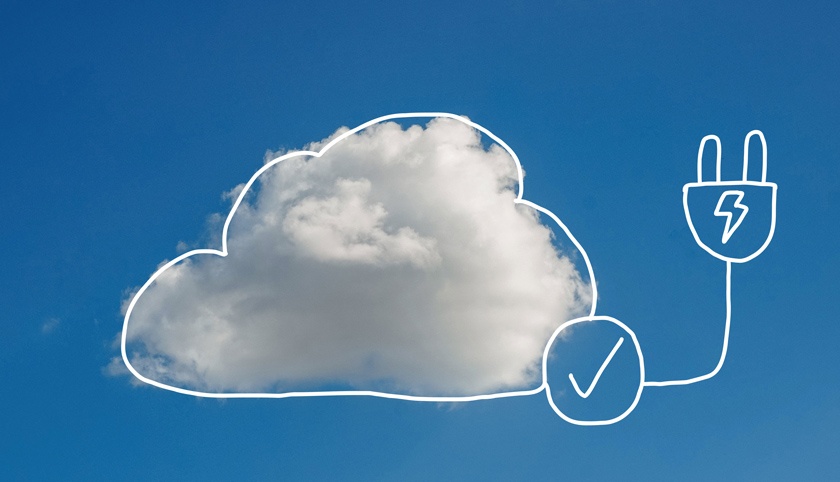According to a survey by German energy agency dena, 83 per cent of companies in Germany consider the topic of energy efficiency to be “important” or “very important”. And according to another dena survey, every second German company is already using digital technologies to increase its energy efficiency. Nevertheless, there are still many companies that have not yet addressed the issue or that can and want to to do more in this area. Since January 2013, a certified energy management system has been a mandatory requirement for companies that want to claim tax relief under Section 55 of the Energy Tax Act and Section 10 of the Electricity Tax Act.
What does energy management mean anyway?
But what does energy management really mean? Energy management is the systematic coordination of procurement, conversion, distribution and use of energy within a company. An energy management system provides a basis for making decisions about the implementation of energy efficiency measures and thus helps reduce energy consumption, saving costs, protecting the environment and, last but not least, improving the corporate image.
In conventional energy management, information about historical consumption is usually processed so that energy consumption can be analysed and the effect of implemented measures can be monitored. Energy sources are often viewed in isolation, and systems are controlled without interlinking. However, the requirements for energy management are also increasing in the course of the fourth industrial revolution. Smart, interconnected systems optimise not only individual production steps but entire value chains, making them transformable, efficient and sustainable.
ISO 50001
The standard describes the requirements for a company for rolling out, operating and continuously optimising an energy management system. If implementation of this systematic approach is successful, a company can improve its energy performance, increase its energy efficiency and optimise its energy use all at the same time. Rollout and certification of an energy management system according to DIN EN ISO 50001 is subsidised by the government.
What opportunities are associated with real-time forecast-based energy management?
Using appropriate software, energy management can also save resources, improve energy efficiency and reduce costs. Interlinked systems allow industrial enterprises to take a holistic view of their in-house energy generation, consumption and energy storage management, to identify and optimise the potential for flexibility and to control it according to their own requirements – such as in regard to risk strategy and economic efficiency.
For this purpose, data from meters and energy system sensors are combined with weather and price information, and the demand (electricity, cooling, heat) and the renewable generation (PV, wind) are forecast. All data is then made available to an optimisation model, and the generation (oil, gas, etc.) is optimised in the interlinked energy generation and consumption network. The result is schedules that allow for optimal control of the flexible generators and consumers of the energy system.
Real-time energy management not only gives companies an overview of their operations and business data. Precise analysis of the status of your systems allows new maintenance strategies to be identified, downtime and maintenance costs to be reduced, and systems to be managed more efficiently through better digital collaboration.
Conventional energy management
Energy footprint
Energy reporting | Monitoring
Optimisation of infrastructure
Deriving energy efficiency measures
(based on historical data)
Operational optimisation
Holistic view
Load management
Energy storage management
Flexibility marketing
Forecast-based energy management
Energy footprint
Energy reporting | Monitoring
Optimisation of infrastructure
Deriving energy efficiency measures
(based on historical data)
Operational optimisation
Holistic view
Load management
Energy storage management
Flexibility marketing
Added value for energy suppliers and infrastructure operators
With optimised, forecast-based energy management, energy suppliers and infrastructure operators can better cope with fluctuations in energy generation, transmission, distribution and supply. Energy management processes are digitised and analysed to comply with new regulations, operational requirements and technological needs. For example, warnings about possible non-availability of individual systems are sent out before a defect occurs in a system, which makes it possible to respond faster.

Where do you stand in terms of your energy management?
Do you already use weather forecasts and prices to plan and monitor energy production and consumption in your company? Are you already able to holistically view your energy management? How do you integrate your RE plants and systems into your energy management system? How do you avoid load peaks? We can’t just rest on our laurels. The technology continues to evolve, and the next big thing is always just around the corner.




0 Comments